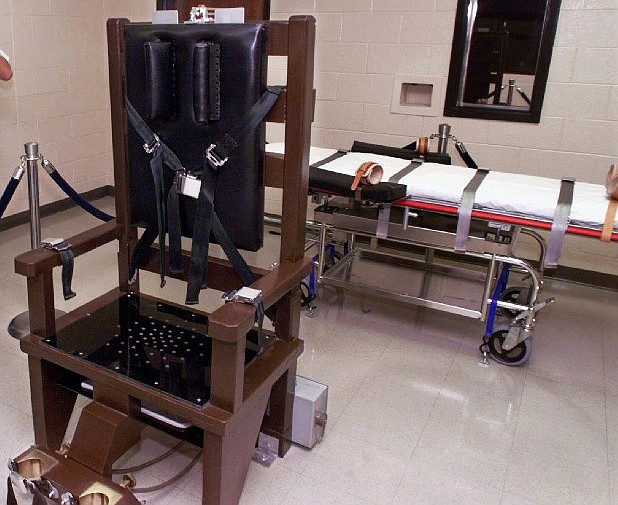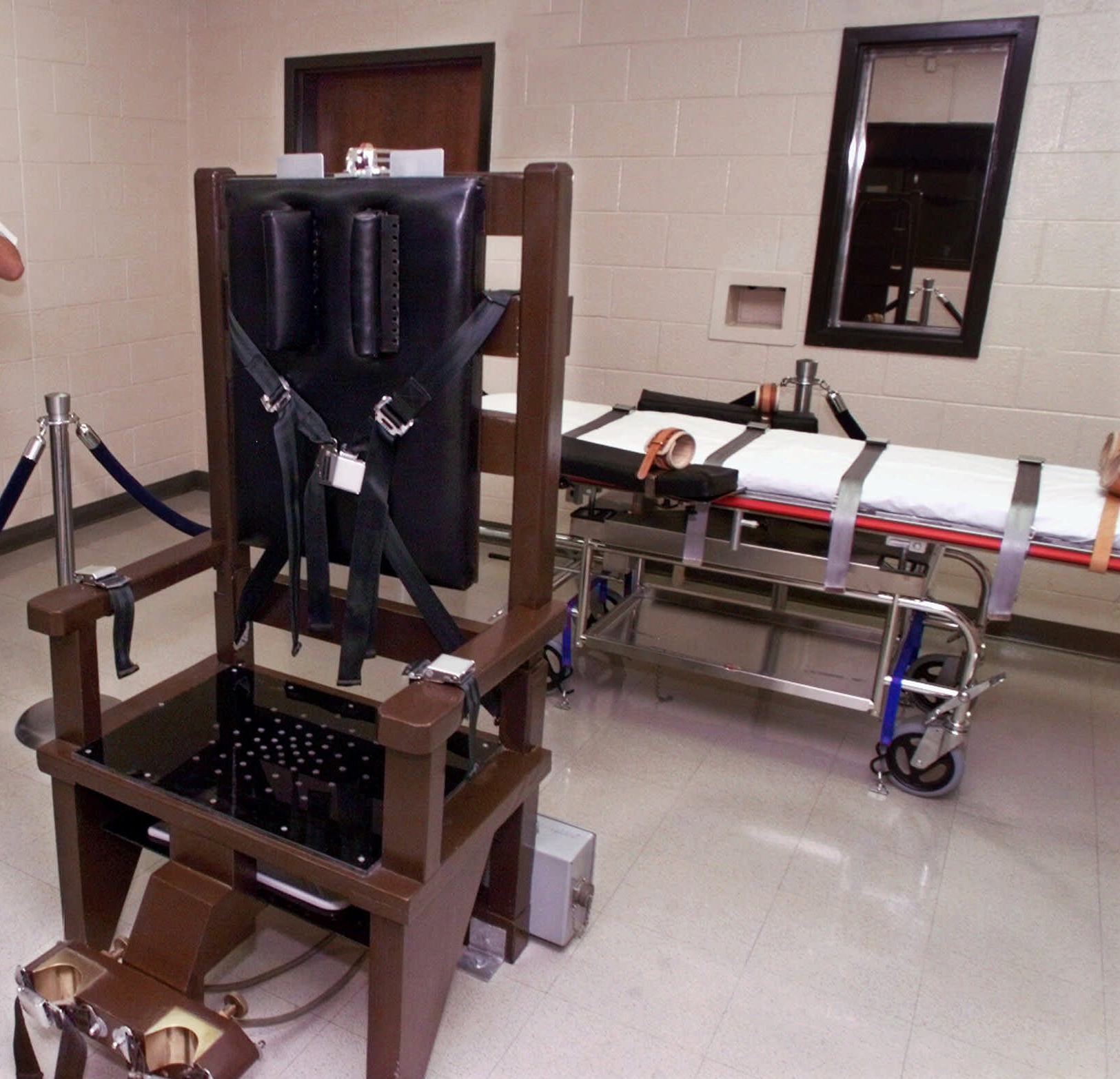NASHVILLE - Tennessee can lawfully use the electric chair in executions if lethal injection is stopped by the courts or because the state can't get the drugs to carry out the sentence, the state attorney general said in a legal opinion this week.
Bob Cooper's interpretation comes as state lawmakers consider a bill that would allow condemned prisoners to be electrocuted if lethal injection can't be used. Tennessee and several other states are grappling about what do about executions because of a European-led boycott on sales of sedatives to American prisons and legal challenges to drugs made by compounding pharmacies.
Tennessee has not executed a prisoner since 2009. Part of the delay was because the state did not have one of the drugs used for the injection. Tennessee has since revised its lethal injection method to use only one drug - pentobarbital, a sedative commonly used to euthanize animals- but states are already exhausting their supplies of that drug.
The legal opinion was requested by Sen. Ken Yager, R-Harriman, and Rep. Dennis Powers, R-Jacksboro. Both have sponsored versions of the bill that would allow electrocution.
Messages left for both Yager and Powers were not immediately returned.
States are concerned they won't have the drugs to carry out death sentences, said Richard Dieter, executive director of the Death Penalty Information Center. He said other states have proposed similar bills but so far none has passed.
"I think these are attempts to warn the system - the courts or the manufacturers or the suppliers - that if the drugs that we need are not available we'll resort to these older methods, these more draconian methods," he said.
The attorney general's opinion said the proposed law would pass constitutional muster, but that still wouldn't guarantee it would not be challenged in court. The opinion quotes a 1997 federal appeals court decision that says "Electrocution has never been found to be cruel and unusual punishment by any American court."
There are currently 10 prisoners who are scheduled to be put to death in Tennessee, state Department of Correction officials said in an email to The Associated Press.
Even if the bill passes, it would not apply to these 10 prisoners. The proposal only covers inmates who were given the death penalty for a crime committed after July 2014.
The last time the electric chair was used in Tennessee was in 2007 when the state executed Daryl Holton, a Gulf War veteran who killed his three sons and a stepdaughter with a high-powered rifle in Shelbyville garage in 1997. Holton asked for the electric chair.

